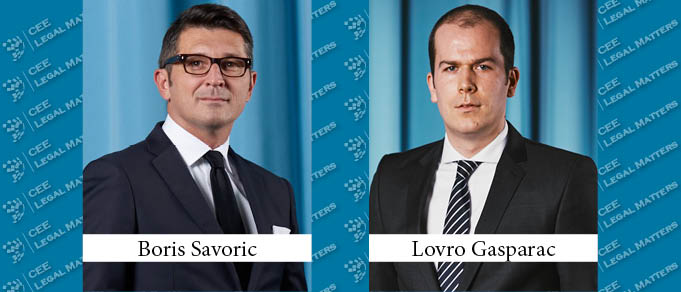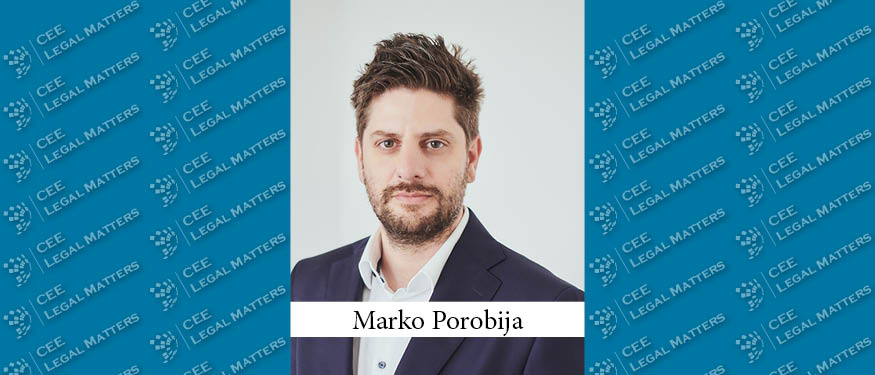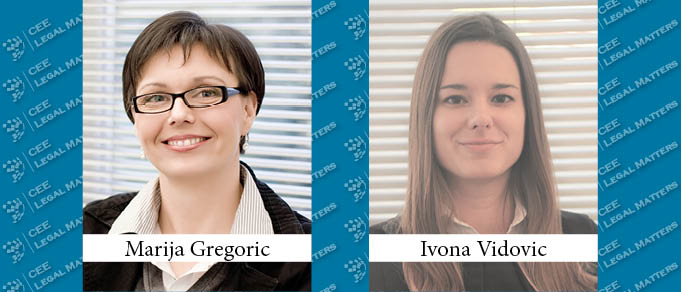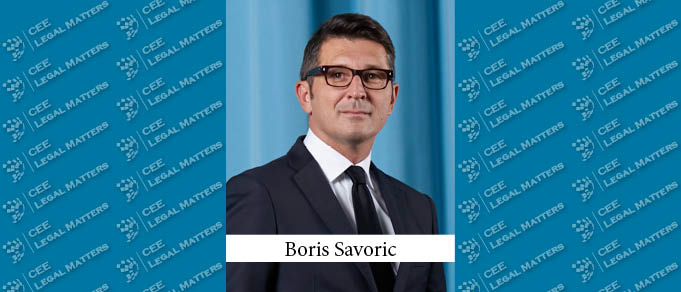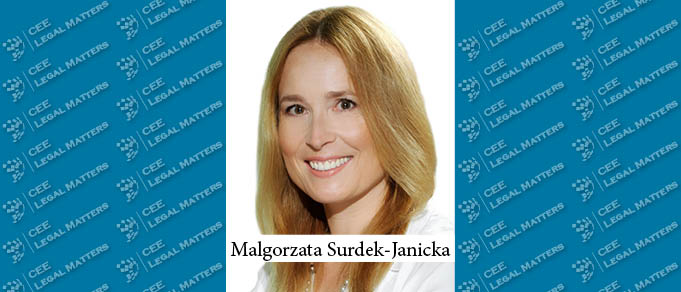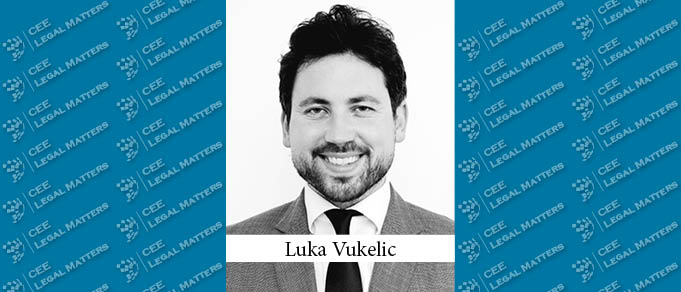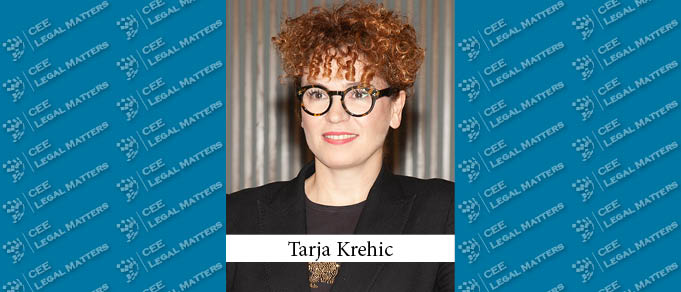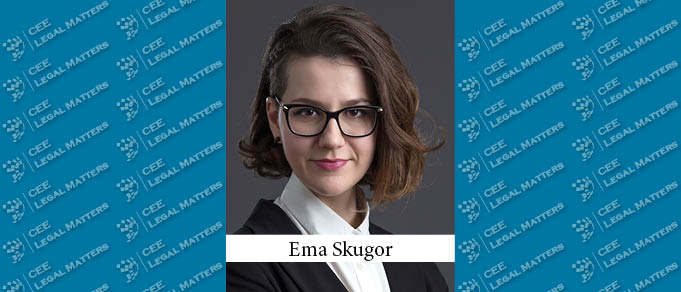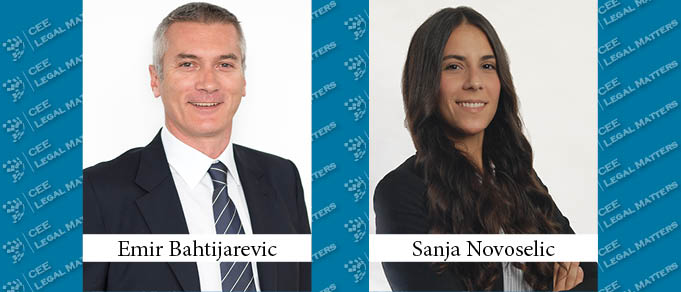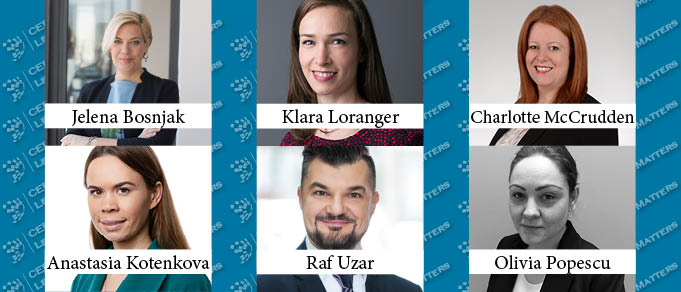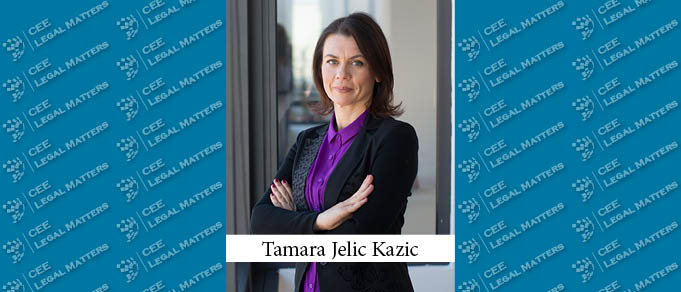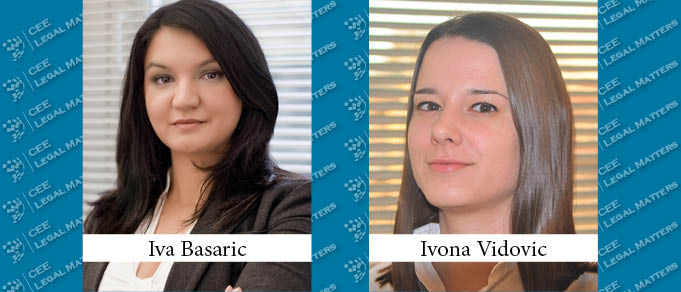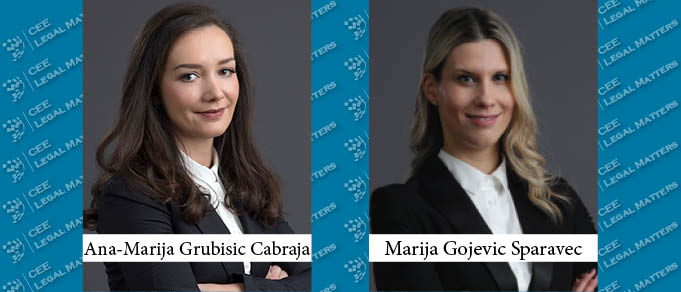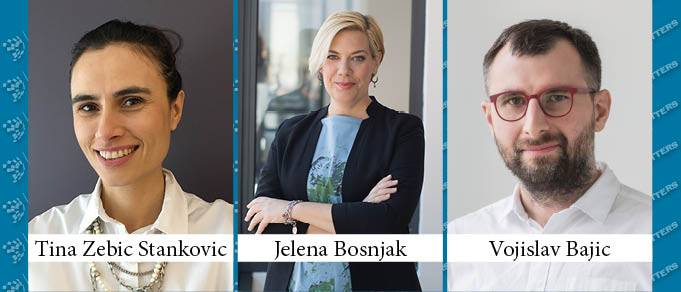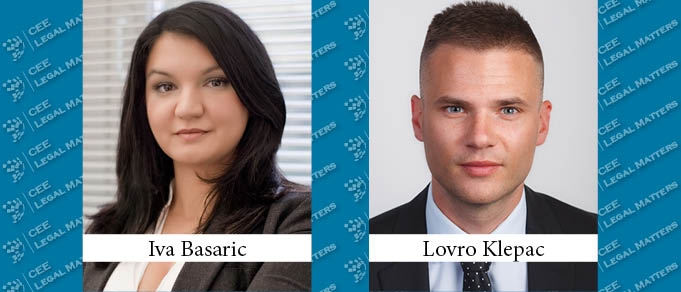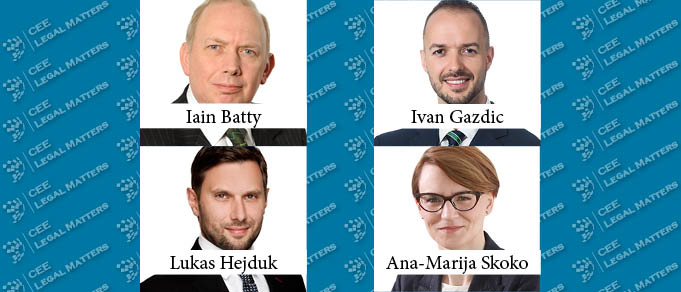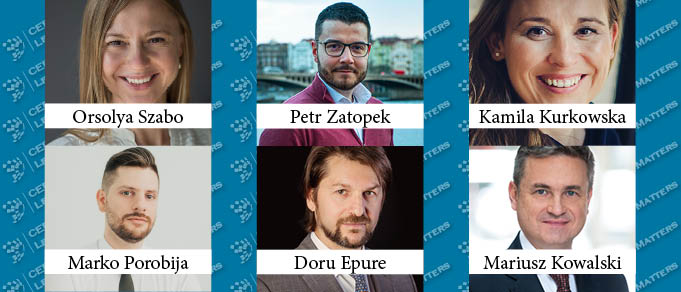Savoric & Partners’ Boris Savoric and Lovro Gasparac Talk About The Deal of the Year in Croatia.
The Buzz in Croatia: Interview with Marko Porobija of Porobija & Spoljaric
With the summer months comfortably set in, Croatia is experiencing a most favorable tourism season which impacts all areas of business, according to Porobija & Spoljaric Partner Marko Porobija.
Ad-Hoc Reparations in Croatia’s Healthcare System: What is Pacta Sunt Servanda?
A freely-accessible public healthcare system has always been considered one of the pillars of the modern welfare state. However, the dearth of adequate managerial skills and advance planning within the healthcare framework has often led to systemic problems, like issues with financing for a system that is regarded as a public service by users and a private business by service suppliers. This problem has once again resurfaced in the Croatian health sector, with debts accumulated by public hospitals and pharmacies standing in the way of a regular supply of medicinal products and medical devices by manufacturers, wholesalers, and pharmacies.
Guest Editorial: Reflections on the Changing Nature of the Profession in Croatia and CEE
“What do you call 10,000 lawyers at the bottom of the sea? A good start.” This popular joke underlines the low public perception of lawyers that remains common in today’s society. Although distrust toward lawyers has always existed, frivolous lawsuits, rising billing rates, and thrilling reports of lawyers behaving badly in the news do little to improve the public image of attorneys, especially in CEE.
ICC International Court of Arbitration Appoints Malgorzata Surdek-Janicka as Vice-President
CMS' Malgorzata Surdek-Janicka has been appointed as Vice-President of the International Court of Arbitration at the International Chamber of Commerce in Paris. Aside from Surdek-Janicka, 33 lawyers from CEE were appointed as members and alternate members of the court.
The Buzz in Croatia: An Interview with Luka Vukelic of Vukelic Law Office
With the municipal and county elections in Croatia resulting in a change of guards of sorts, Vukelic Law Office Partner Luka Vukelic explains how it might affect the Adriatic country going forward, while also sharing developments regarding the country's newest unicorn.
Foreign Direct Investment in Central Europe: Croatia
The global pandemic has impacted all markets, with subsequent ramifications for M&A. Investors are now seeking greater protection against general lock-downs and supply-chain disruptions, while governments aim to protect critical supplies and services by imposing new regulations on foreign investment in crucial or strategic industries.
Croatia: Transporting Ourselves out of the Crisis, One Step at a Time
Just over a year ago, 2020 was shaping up to be a good one for the Croatian Transportation and Infrastructure sector. Croatia was presiding over the Council of the EU, and the Ministry of Transport & Infrastructure, one of its most active ministries, had several interesting projects in the pipeline. Osijek was due to become the first 5G city in Croatia by year’s end, and major investment deals were planned to strengthen existing road and railway infrastructure. But then COVID-19 happened and dealt a complicated hand to both transport and infrastructure.
Decades of Ownership Loopholes Closed by the Croatian Act on Un-Appraised Building Land
The Constitution of the Republic of Croatia abolished “social ownership” in 1990 and introduced a universal type of ownership – private ownership. Legislation that followed the introduction of the Croatian Constitution specified how social companies were to be transformed into private companies. To establish private ownership over companies undergoing this transformation, the companies had to appraise the property used in their share capital. However, land that was used by said companies that was located in the zones for tourism-related purposes near the Adriatic coast (which we will refer to as the “tourist land”) was often not appraised in its entirety towards share capitals, as the intention was for it to become the property of the state for developing Croatian tourism strategies. Therefore, social companies performing tourism-related activities (e.g., hotels and camps) often appraised only buildings, while the land on which the activities were also performed was left un-appraised, yet continued to be used without compensating the real owner – the state.
An Unusual Year in Review: Our Annual Expert Round Table
On December 15, 2020 CEELM gathered legal experts from across the region for its annual Year-in-Review Round Table conversation. In a wide-ranging discussion, participants shared opinions and perspectives on their markets, on strong (and less-strong) practices across the region, and the effect of the COVID-19 crisis on both, as well as on how technology is changing the legal industry, and what the industry will look like in 2021.
Marketing Law Firm Marketing: Most Valuable Software Tool
New technologies are all the rage, as law firms adapt to the telecommuting and digitalization realities that accompanied the Covid-19 pandemic. Accordingly, we decided to ask our Law Firm Marketing experts from across the region a simple question: “What is the single most important/valuable piece of software you use?” As always, we asked respondents to focus on the question at hand, rather than – as we put it – using the question simply as an excuse to “tell us that their firms are awesome.” Not everyone was able to resist.
Croatia: Further Relaxation of the Tax System in 2021 (Rules vs. Practice)
Following three rounds of changes to Croatia’s tax system in recent years to ease business and reduce the overall tax burden, the Government announced plans to further relax the tax system in 2021.
Croatia: One Court Decision and its Impact on M&A Deals in Croatia
It has become evident by now that the 2020 global pandemic has reshaped many aspects of the legal industry, with one of the eminent examples being the way M&A transactions are carried out – almost everything has become less certain, more urgent, and largely virtual. As though the circumstances have not been challenging enough, recent developments in local jurisprudence concerning the form of legal documents have started to negatively impact M&A deals in Croatia.
Croatia: Restructuring or Bankruptcy? That is the Question.
It is now more than obvious how much the COVID-19 pandemic has shaken up both global and national economies. Although various measures have already been undertaken to support businesses during this COVID-19 crisis, financial distress of many companies is inevitable, which will ultimately, for many of them, result in bankruptcy or restructuring.
Marketing with One Arm Tied Behind Your Back: Attorney Advertising Bans In the Former Yugoslavia
Advertising is no easy task for law firms in the former Yugoslavia, and law firm marketing and business development specialists in those legal markets face unique challenges in their attempts to promote their firms and obtain new clients.
Croatian Competition Agency Confirms Coca Cola’s Compliance with Commitment Decision and Closes Investigation
Earlier this month, the Croatian Competition Agency confirmed that Coca Cola HBC Hrvatska d.o.o. had complied with the commitments the company had offered, and which had been accepted by the CCA, in the course of an investigation of vertical restraints imposed by Coca Cola on its distributors (most notably exclusive purchasing and tying arrangements). Early on, the CCA expressed concern that Coca Cola’s practices would constitute infringements under Articles 8 and 13 of the Croatian Competition Act (essentially corresponding to Articles 101 and 102 of the Treaty on the Functioning of the European Union).
Logistics and Manufacturing in CEE: Today’s Trends and Opportunities
While the COVID-19 pandemic has caused disruption to nearly all businesses in the logistics and manufacturing sectors in Central and Eastern Europe, enough time has now lapsed that identifiable trends and opportunities are beginning to emerge. CMS Partners Ana-Marija Skoko, Ivan Gazdic, Iain Batty, and Lukas Hejduk agreed to share their thoughts about the effect of the COVID-19 crisis on logistics and manufacturing developments in their local markets and across CEE.
Blazing a Trail for LegalTech in CEE
According to its website, Budapest-based InvestCEE aims to “humanize technology” for lawyers and provides services to law firms and in-house counsel in Hungary, Romania, Croatia, Poland, and the Czech Republic.

